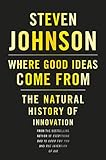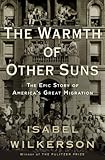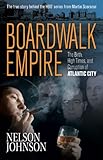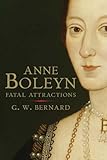Possible Breakout by Prison Librarian
Friday, October 15th, 2010A recent Earlyword Galley Chat favorite goes on sale next week: Running the Books, Avi Steinberg‘s memoir of his adventures as a prison librarian and writing instructor in Boston, after graduating from Harvard. As we’ve mentioned, he published an amusing essay in the New York Times magazine last week, which should help the book get more attention in other media.
PW called the memoir “captivating…. Steinberg writes a stylish prose that blends deadpan wit with an acute moral seriousness. The result is a fine portrait of prison life and the thwarted humanity that courses through it.”
 |
|
Other Notable Nonfiction On Sale Next Week
Skinny Bitch: Ultimate Everyday Cookbook: Crazy Delicious Recipes that Are Good to the Earth and Great for Your Bod by Kim Barnouin (Running Press), more vegan dishes.
Final Verdict: What Really Happened in the Rosenberg Case by Walter Schneir (Melville House) contends that Ethel Rosenberg was not a Soviet spy and challenges enduring myths surrounding the case. The New York Times Book Review compares it favorably to another recent book on the Rosenberg case by Allen M. Hornblum.
My Thoughts Be Bloody: The Bitter Rivalry Between Edwin and John Wilkes Booth That Led to an American Tragedy by Nora Titone (S&S) hinges on its portrait of the Booth family. Kirkus declares that “though some historical detail seems more tangential than pertinent, the multiple portraits display hidden facets of all the Booths.”
The Man Who Invented the Computer: The Biography of John Atanasoff, Digital Pioneer by Jane Smiley is a biography of the brilliant but mostly forgotten physicist who created a protype for the computer. Kirkus raves, “As in her novels, the author displays a talent for keeping a dozen fully realized characters on stage…. Smiley takes science history and injects it with a touch of noir and an exciting clash of vanities.”
Children’s
Forge by Laurie Halse Anderson, about a runaway slave who joins the Continental Army at Valley Forge during the winter of 1777-78, is the second installment in the author’s American Revolutionary trilogy, following the National Book Award finalist Chains. Kirkus praises its “vivid setting, believable characters both good and despicable and a clear portrayal of the moral ambiguity of the Revolutionary age. Not only can this sequel stand alone, for many readers it will be one of the best novels they have ever read.”
















